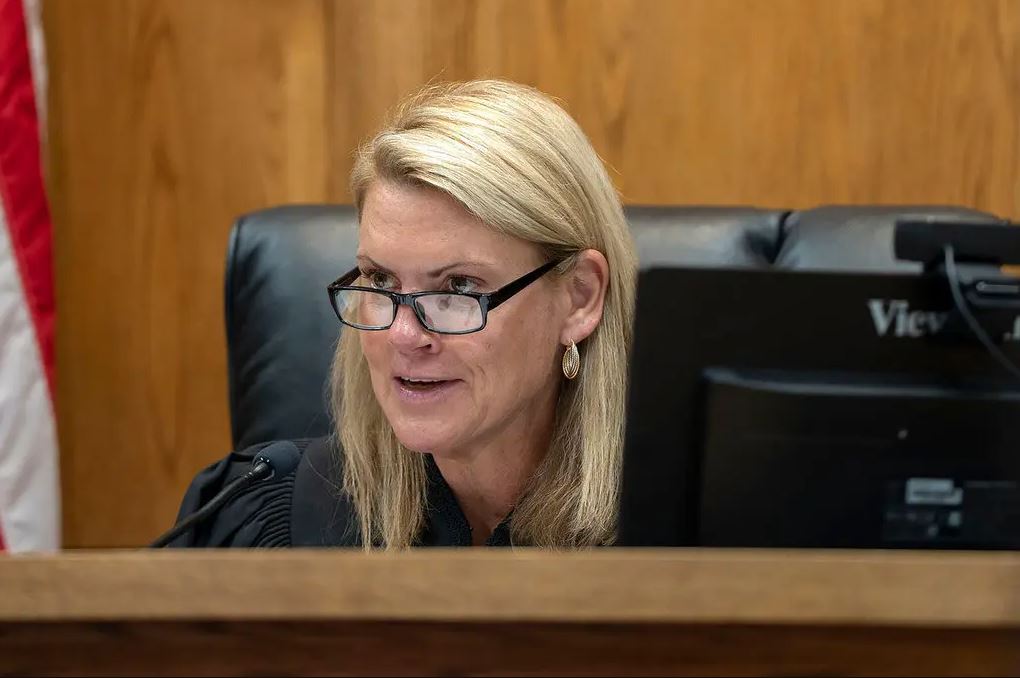On Thursday, a judge in Wyoming temporarily halted the nation’s first state legislation prohibiting the most frequent type of abortion: the use of pills.
Judge Melissa Owens of the Teton County District judicial issued a temporary restraining order, effectively putting the ban on hold awaiting additional judicial proceedings, little over a week before it was set to take effect.
In places with near-total restrictions, all abortion methods, including those using medication, are illegal. However, Wyoming made history by becoming the first state to criminalise abortion drugs independently of a broader prohibition. On July 1st, the legislation was supposed to go into force.
A misdemeanour charge, carrying up to six months in jail and a $9,000 fine, may be brought against doctors or anyone else found guilty of breaking this statute. Pregnant women are specifically excluded from prosecution and fines under the legislation.
A year after the Supreme Court struck down the national right to abortion, the Wyoming legislature, which is controlled by the Republican party, has been pushing to outlaw the procedure inside the state.
Judge Owens temporarily blocked a sweeping abortion ban last year because she believed it ran counter to a Wyoming constitutional provision protecting the autonomy of people in matters of health care. That amendment was approved by a resounding majority of Wyoming voters in 2012.
Without waiting for approval from Governor Gordon, the legislature imposed a new, almost comprehensive ban on abortions in March. By defining abortion as not medically necessary, this statute sought to undermine the constitutional amendment. Soon after the bill was enacted, Judge Owens temporarily stopped it, citing her doubts about the state’s claim that abortion is not health care.
An important part of Thursday’s hearing on the prohibition on abortion pills centred on the question of whether or not abortion constitutes health care. A special assistant Wyoming attorney general named Jay Jerde argued that while doctors and other health providers must be involved in abortions,
Judge Owens seemed sceptical of Mr. Jerde’s case. She argued that the statute effectively prevented women from exercising their right to choose their own health care providers, notwithstanding the will of the majority in Wyoming.
There are multiple lawsuits challenging the bans, and the plaintiffs include the state’s only two abortion clinics, an OB/GYN who treats high-risk pregnancies, an ER nurse, a fund that provides financing for abortion patients, and a woman who claims her Jewish faith requires access to abortion in cases where a pregnant woman’s physical or mental health or life is in danger.
Marci Bramlet, a lawyer for the plaintiffs, told the court that a ban on medication abortion would have significant effects since pills have been used in almost all abortions in the state in recent years. Over half of all abortions in the United States are now performed with the use of medication. There is just one clinic in Wyoming that provides surgical abortions.

